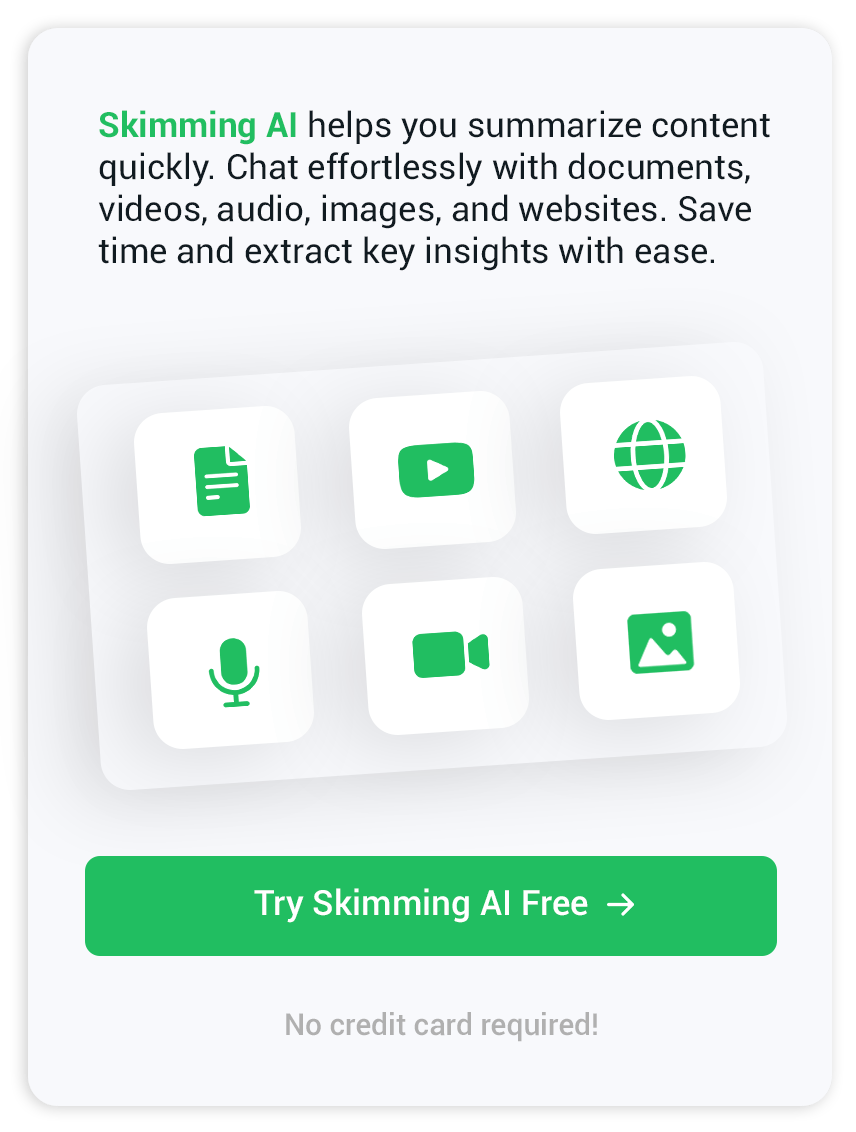Ask AI: Get Instant Answers and Insights Online
How to Ask AI for Answers, Insights, and Inspiration
Whether you are seeking advice, quick facts, content creation, or even personal brainstorming, the phrase "ask AI" has become a gateway to accessing a dynamic world of possibilities. Today, artificial intelligence is more accessible than ever, empowering students, professionals, and creatives to obtain fast, tailored, and informative responses with a simple prompt. Learning how to ask AI — and knowing which tools are available — can unlock new levels of productivity and creativity for any project.
 What Does It Mean to Ask AI?
What Does It Mean to Ask AI?
To "ask AI" means inputting a question, prompt, or command into a machine learning-powered platform that interprets your request and generates an output. The quality of the answer depends on multiple factors: the specificity of your question, the AI’s training data, and the tool’s built-in capabilities. Popular applications now respond to queries about science, literature, business, and personal development — all within seconds.
Why People Ask AI for Help
- Quick access to information or summaries on complex topics
- Document, audio, and video analysis assistance
- Creative inspiration for content creation
- Solving technical problems or getting coding help
- Enhancing productivity and workflow with intelligent suggestions
 Types of AI Platforms for Everyday Questions
Types of AI Platforms for Everyday Questions
When people say "ask AI," they may be referencing various types of platforms, each excelling in different areas. Here are some core categories and what they offer:
Text-Based AI Assistants
These chatbots can interpret prompts, generate essays, compose emails, or answer trivia questions. Many also offer follow-up interactions to refine or clarify the user's needs. Their ability to engage in humanlike conversation makes them ideal for brainstorming, language translation, or writing tasks.
AI for Document and Website Interaction
Modern systems go beyond simple Q&A, letting users upload documents or share web pages to "ask AI" about the content. For example, platforms like Skimming.ai’s document chat allow you to query lengthy PDFs or reports quickly, extracting essential info without digging through pages. Similarly, when referencing online materials, you can use Skimming.ai’s website chat to interact directly with any website’s content, saving valuable research time.
 The Art of Formulating Questions for AI
The Art of Formulating Questions for AI
Be Clear and Specific
AI models thrive on clarity. Instead of vague commands, use specific requests, context, and preferred details. Example: Rather than asking “History of jazz?”, try “Explain the main influences on jazz in the 1920s within the USA.” This approach yields a more informative and focused response.
Use Follow-Ups for Depth
Most chat-based AI systems support follow-up questions, allowing you to clarify or deepen the discussion. If the initial answer is too broad, asking for a summary, examples, or a different perspective will help refine the outcome.
Leverage AI for Summaries
Long articles, reports, or even YouTube videos can be overwhelming. AI-powered summarizers provide concise overviews to speed up your research. With Skimming.ai’s YouTube summarizer, you can drop a video link and instantly receive an accurate, text-based summary, enabling you to ask follow-up questions without watching the entire video.
Top Use Cases for Asking AI
- Academic Research: Summarize scholarly papers or synthesize multiple documents quickly.
- Business Insights: Query annual reports, analyze data, or track competitor trends by asking targeted questions.
- Creative Writing: Overcome writer’s block by requesting plot suggestions, title ideas, or content outlines.
- Learning on Demand: Get simplified explanations of technical concepts or historical events.
- Personal Productivity: Compose emails, generate meeting notes, or automate task summaries with a brief prompt.
Redefining How We Supplement Human Intelligence
AI is not just for tech experts or data scientists. Everyday users now rely on AI to handle repetitive research, explain complex concepts, and even inspire creativity across personal and professional spheres. The key to making the most of “ask AI” platforms is understanding both their strengths and limits—AI excels at pattern matching, summarization, prediction, and context-driven conversation, but may struggle with extremely niche, factually unverified, or ethically ambiguous issues.
Expert Tips for a Better Ask AI Experience
- Refine your prompts: The more context and intent you give, the better the result.
- Try different tools: Some platforms specialize in multimedia, web, or document analysis.
- Validate sensitive information: Double-check AI answers on critical topics before taking action.
- Mingle AI with human judgment: Use AI to augment, not replace, your decision-making.
Future Trends in Asking AI
As AI continues to evolve, platforms will integrate deeper with voice assistants, productivity apps, and content creation tools. Visual AI chat, video comprehension, and real-time language translation are on the rise, making collaborative questioning and instant knowledge exchange routine parts of daily tasks. Whether you’re managing projects, studying, or simply curious, the ability to ask AI will become increasingly central to how we access and process information.
Ready to level up your interactions with AI? Try platforms like Skimming.ai to unlock powerful ways to interact with documents, videos, and even audio files — all with a simple question. You might be surprised by how much time and mental energy a thoughtful AI prompt can save.
Technology

